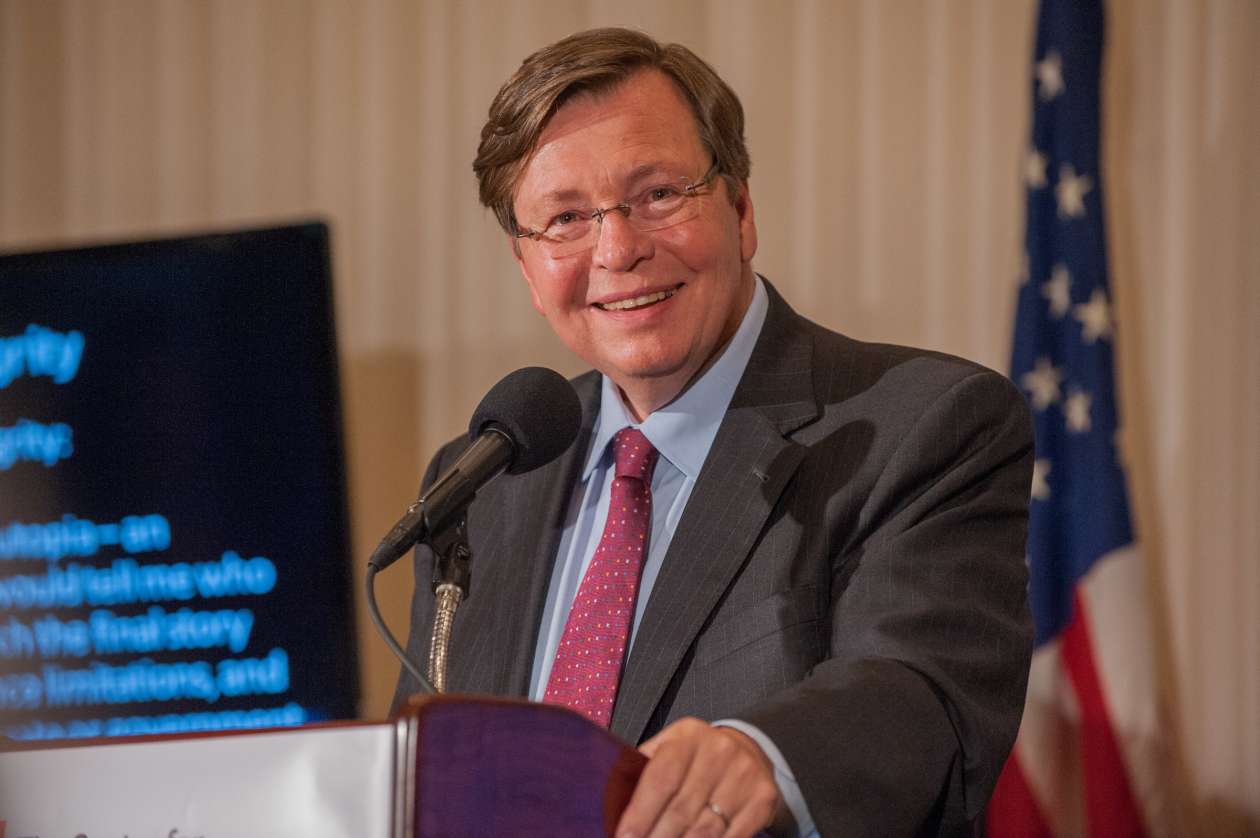Introduction
A journalist, besides telling us the unvarnished truth each day, is supposed to comfort the afflicted and afflict the comfortable, according to those timeless words of Finley Peter Dunne. For a number of reasons we know all too well, that doesn’t happen very often today. Indeed, relatively few journalists regardless of ideology or pay grade, geography or news media outlet frankly go anywhere near these subjects.
Neither do our politicians in either party. Democrats and Republicans alike are just plain skittish talking about raw political or economic power and how it really works, and who really benefits in our society. Neither do they want to analyze too deeply why 100 million people don’t vote in any election, or why roughly two-thirds of eligible voters will likely stay home this November 5, or why 40 percent of the state legislators in America have no opponents this year, or why 40 percent of the American people cannot tell you the name of the Vice President of the United States. The disengagement and alienation is substantial today, particularly among lower income folks.
Senator Paul Wellstone was one of the very, very few public figures who spoke openly and honestly about power and money in this country. Indeed, his eloquence and thoughtfulness on these matters were peerless, in my humble opinion. Beyond the obvious human dimensions of the unspeakable tragedy itself, America has lost a brave, lonely, courageous voice that needs to be heard now more than ever. We of course extend our deepest sympathies and condolences to the Wellstone family and to the other family members of the campaign aides and pilots who died.
I only spoke to Senator Wellstone once, on June 26, 1997, in a recorded interview about money and power and Congress, for The Buying of the Congress (Avon: 1998). I would like to quote here some of his observations about power and corruption. We have, he said:
…a very, very distorted pattern of power, and in that sense there is real corruption. But it is not the wrongdoing of individual officeholders. It is systemic a huge imbalance between elites, whether it be the political class or the economic notables, and the vast majority of people. That is what’s so scary. I mean that the whole standard of each person counting as one and no more than one is so seriously violated, not just in terms of money, but in terms of who pays lobbyists, who is here in Washington, who has the expertise, who has access to media, who has prestige. If you add up the resources that people use to be involved in political life in this country and see who has a big pile of it and see who has very little, it is a more serious problem than I thought… I am not afraid to take on people here, and I have and I will…
God knows I think there is a lot of goodness in the country. But the money in politics, the distorted pattern of power, trumps many of the good things that could happen. That is why I think it is the core question. It’s the core question for anybody who believes in representative democracy.
Read more in Accountability
Accountability
Commentary: Clamping down on freedom of the press
What lessons does Watergate offer for today’s beleaguered media?

Join the conversation
Show Comments